The BHCA board of directors voted at its March meeting in favor of a resolution that clarifies the reasons behind Bolton Hill’s longstanding position against having more row houses in the neighborhood converted into multi-unit properties. The BHCA executive committee wrote the resolution, which was shared with the community for comment in advance of the board meeting.
The resolution supports a policy that would ban conversions of single-family row houses to multi-unit properties of three or more units. That proposal began as a multi-neighborhood response to a bill (#20-0561) introduced last summer in the city council that would make it easier to allow row house conversions in the Baltimore City zoning code.
In addition to Bolton Hill, the boards of community associations in Greenmount West, Madison Park, Marble Hill, and Mount Vernon have voted to support the same proposal. The vote by the BHCA board was not unanimous. Those who did not vote in favor believed it should have narrowly focused on specific legislation or believed that the issue was not as important as others to the interests of Bolton Hill.
In the current Baltimore City zoning code, it is relatively difficult to add dwelling units to a property. Last year’s city council bill as well as one introduced in January (#21-0009) would make it easier to convert row houses into multi-unit properties and allow even smaller efficiency units. In contrast, the proposal formulated last summer would solidify the difficulty in adding dwelling units to a row house, rather than undercutting it.
According to the 2019 American Community Survey based on the U.S. Census, approximately a third of Bolton Hill’s housing units are owner-occupied. From one perspective, Bolton Hill’s position against row house conversions could be construed as a protectionist move from a majority-white neighborhood, favoring owners over renters.
Yet, who stands to gain when a row house is converted into apartments? It’s not existing residents, regardless of whether they rent or own. It’s wealthy developers, who can afford to effect row house conversions and recoup their investment through rental income. They often engage a non-resident landlord who is not part of the community and is minimally responsive to the needs of the building’s tenants and maintaining the property itself.
In this regard, Bolton Hill’s support of the proposal is aligned with predominantly African American neighborhoods in West Baltimore. They’ve experienced the ill effects of having too many houses converted to multi-unit properties, hollowing out their communities with absentee landlords and transient tenants.
As BHCA legal counsel Lisa Robinson explained at the March meeting, community leaders to the west have long believed that Baltimore City’s Department of Planning has favored the interests of developers over existing residents. They fear that the city council legislation would weaken provisions of the zoning code restricting row house conversions. That would undermine their efforts to stabilize their communities with more homeowners and to build wealth in predominantly African American neighborhoods, which have suffered divestment for decades. They view Bolton Hill as an ally that can convert its privilege into clout to fight any legislation that would make it easier for more row homes to be converted into multi-unit properties.
-David Nyweide
